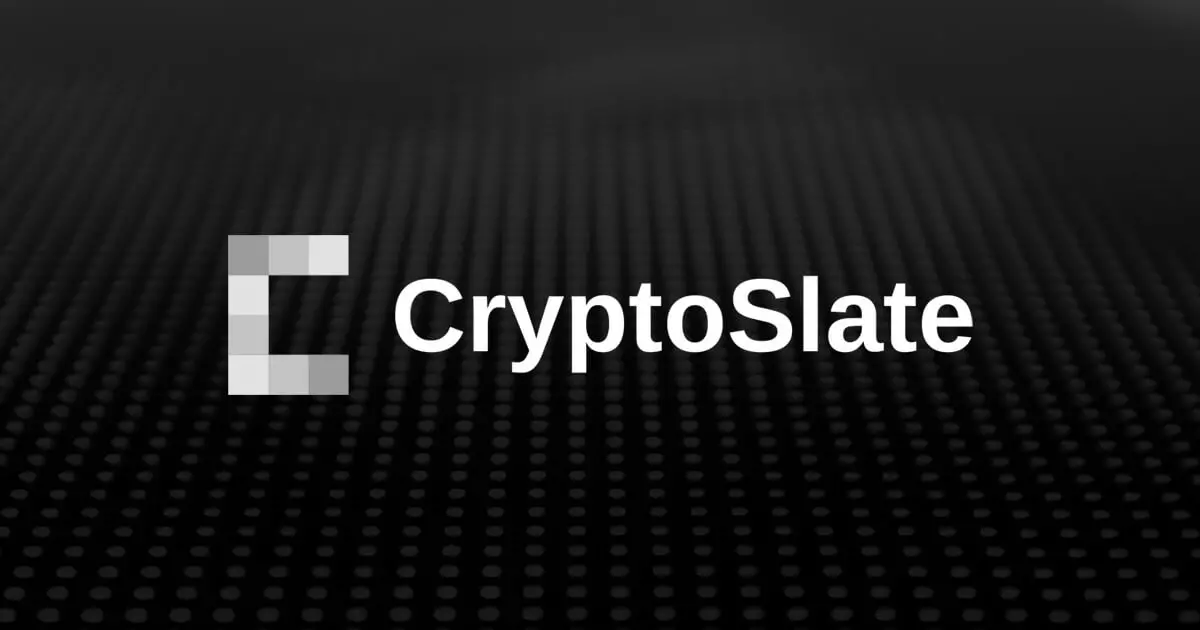In recent reports, a troubling narrative has surfaced—one that suggests the intersection of cryptocurrency projects with powerful political figures is far from incidental. The claims that Binance’s former CEO, Changpeng Zhao, supported projects linked to the Trump family, while simultaneously seeking a presidential pardon, expose a troubling undercurrent of influence-peddling within the digital asset space. These allegations highlight that when financial innovation intertwines with political ambitions, the integrity of the entire ecosystem is compromised. It’s no longer simply about decentralization or transparency; it’s about entrenched interests manipulating the system for personal benefit.
The alleged backing of USD1, a stablecoin issued by World Liberty Financial, indicates a troubling pattern of influence. The involvement of Binance’s foundational smart contract code allegedly facilitated a $2 billion investment by a Middle Eastern firm, MGX, intensifying concerns about opaque political alliances. The fact that nearly 90% of USD1’s total supply is held within Binance wallets raises questions about centralization and whether the true power lies behind the curtain. Stablecoins originally designed for stability risk becoming tools for political maneuvering and wealth accumulation, distorting market signals and undermining consumer trust.
Furthermore, the purported financial gains—potentially generating around $30 million annually for the Trump family—underscore how digital assets can serve as lucrative instruments for political and personal enrichment. While Binance denies any direct link between Zhao’s personal interests and company operations, such denials seem increasingly fragile in light of financial records and industry whispers. The reality remains that a complex web of influence might be underway, with technology serving as a conduit for old-world power politics, rather than empowering genuine financial freedom.
The Ethics Quandary and the Threat to Market Integrity
The implications of these alleged activities extend beyond mere speculation; they threaten the core values that crypto champions. Ethics experts, including Richard Painter, express grave concerns that conflicts of interest in such high-stakes environments are unprecedented in American history—eroding public confidence in both government and private enterprise. When political figures’ financial interests align so directly with digital assets, it raises the fundamental question: Are we witnessing the birth of a new monetary order—or the decline into a system corrupted by the greed of powerful elites?
From a regulatory perspective, this situation underscores the urgent need for clear guidelines that prevent political favoritism within the crypto domain. If influential figures and their allies reap outsized benefits through clandestine relationships, the market risks descending into a cartel-like environment, thwarting innovation, fair competition, and consumer rights. The fact that Zhao, a figure with a checkered legal past, is reportedly seeking a pardon from the very President whose family might benefit from his projects is emblematic of the entrenched institutions that threaten to dominate digital currency.
The broader narrative suggests that crypto, which once promised transparency and democratization, instead risks being coopted by wealthy interests cloaked in secrecy. Such conflicts undermine the very essence of blockchain technology, turning it into a battleground for influence rather than a platform for empowerment. Middle Eastern investments, political connections, and legal protections seem to be converging to create a shadow governance model that diminishes the decentralized ethos crypto was built upon.
The Future of Crypto Under Influence-Peddling Shadows
This troubling state of affairs casts doubt on whether the crypto industry can truly escape the longstanding grip of political and financial oligarchs. While proponents tout decentralization as the future, these allegations reflect a different reality—one where traditional power structures embed themselves into the fabric of digital innovation. If credible entities continue to bend the rules under the guise of progress, the promise of an open, trustless financial system is at risk of being hollowed out.
The lesson is clear: vigilance is paramount. Industry leaders, regulators, and honest participants must remain alert to the ways in which old power hierarchies adapt and infiltrate new technological frontiers. To preserve the integrity of crypto, a fundamental overhaul of transparency standards, oversight mechanisms, and conflict-of-interest policies is necessary. Failing to confront these issues head-on risks transforming what should be a revolutionary movement into a conduit for elite enrichment—a digital gilded cage that benefits only a select few.
In the end, the challenge for the crypto ecosystem is not just technological innovation but the moral and ethical integrity that sustains long-term trust. Without decisive action against corruption and undue influence, the dream of decentralization will remain just that—a distant ideal drowned out by the echoes of power brokers shaping the political landscape from behind the scenes.

